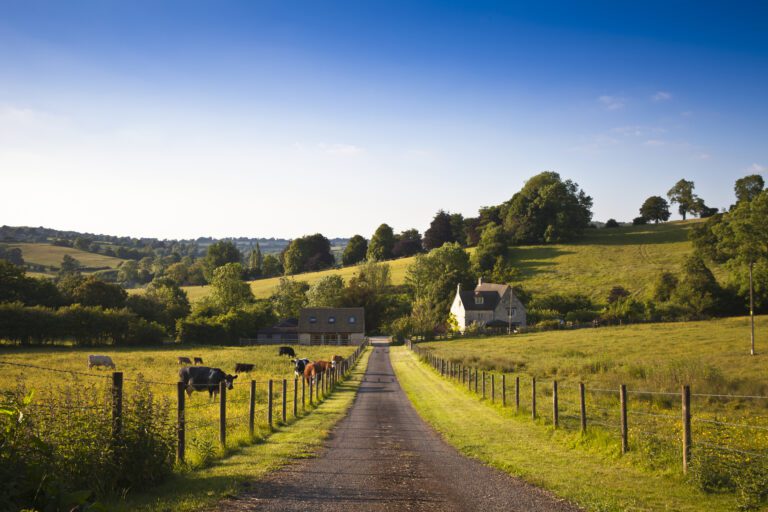
Diversification projects in the rural sector
I’m writing this article with a huge feeling of relief that spring is on the way. The snowdrops are out and the daffodils are trying their hardest to bloom! For me, spring always makes me think of new opportunities.
Diversification projects
Last week there was a theme to all the queries I was receiving from clients and contacts. The theme was diversification, in particular biodiversity net gain (BNG), nutrient neutrality and carbon credit projects. Over the last few months, there has been a significant rise in opportunities for landowners to diversify away from traditional farming.
The tax treatment of these associated receipts isn’t straight forward – or known – and is dependent on the wording in the agreements. Currently there is no specific tax legislation relating to the taxation of receipts and as a result we can only advise on our best (educated!) guess. The cash for these diversification projects is usually received upfront even though the landowner is expected to maintain the land (in an agreed way) for 30 – 125 years. It is believed that agreements in perpetuity last for 125 years.
Other factors to consider before entering into an agreement
Tax treatment aside, there are other factors to consider before entering into an agreement:
- With ‘X’ acres removed from production, is your farming business still viable? In light of annual maintenance costs under the agreement, is the loss of farming income financially rational? How valuable is the cash to your business and family now?
- Have you considered the impact on the next generation or, indeed, the generation after that? The shortest agreement for BNG projects seems to be 30 years. It is a long time to tie yourself to an agreement, especially if the next generation chooses to do things differently. Additionally, the conservation covenant will likely affect the market value of the land. Although we do not yet know how much the land value will decrease, it should be taken into consideration
- What happens to the land at the end of the agreement? In all of the agreements I have reviewed they are silent on this. It is unlikely you could chop down the trees (and release all that carbon!), whilst professionals believe the land will be designated as a site of special scientific interest (SSSI) status. Therefore removing the land from productive agriculture long term
Get in touch
There are huge opportunities for landowners but my advice at this point is to proceed with caution and seek advice from professionals along the way. Our knowledge will increase over time, and we will be able to share this with you. If you are considering one of these projects, please contact us.
Written by











